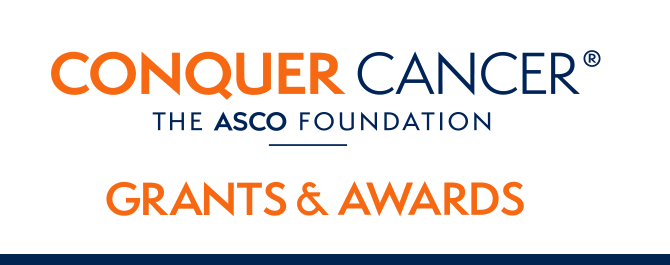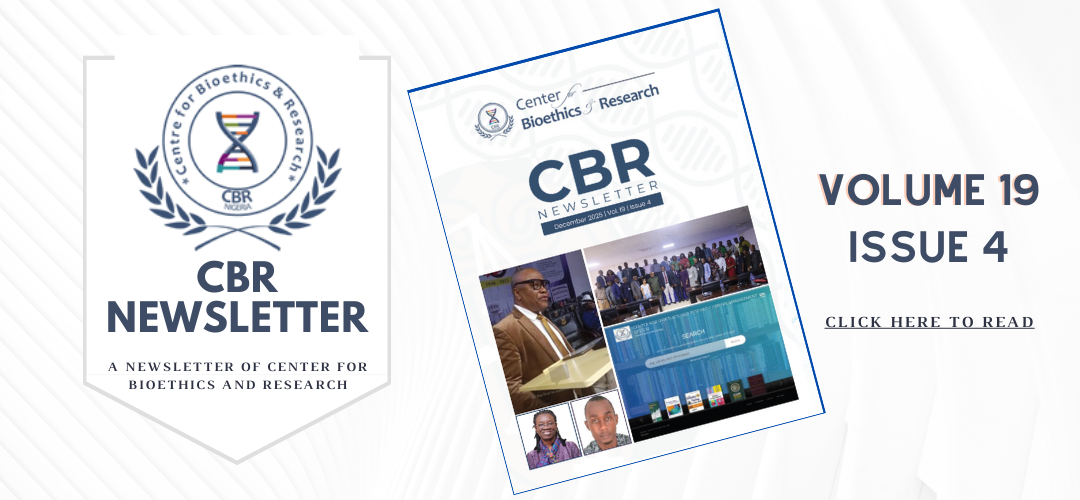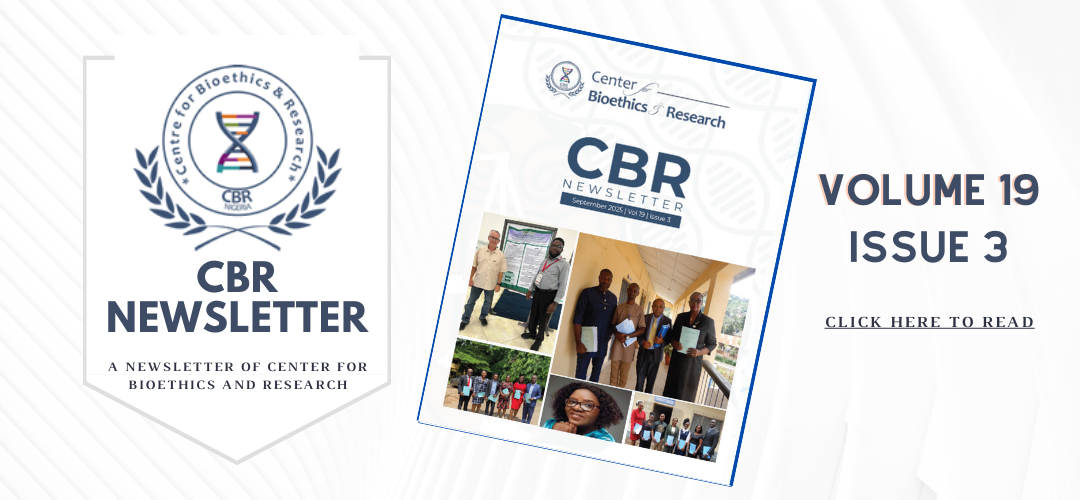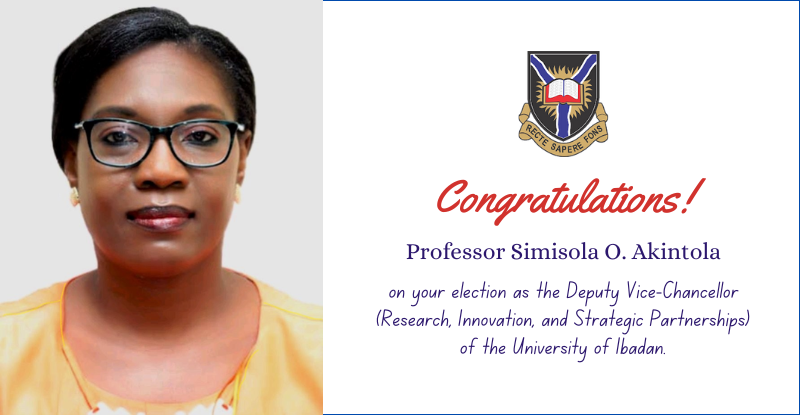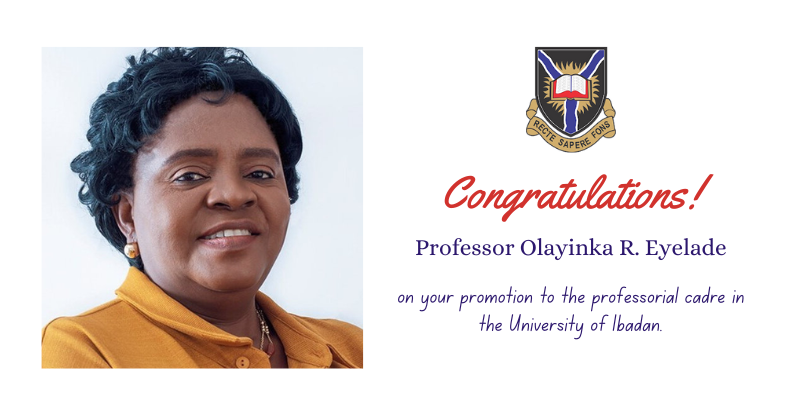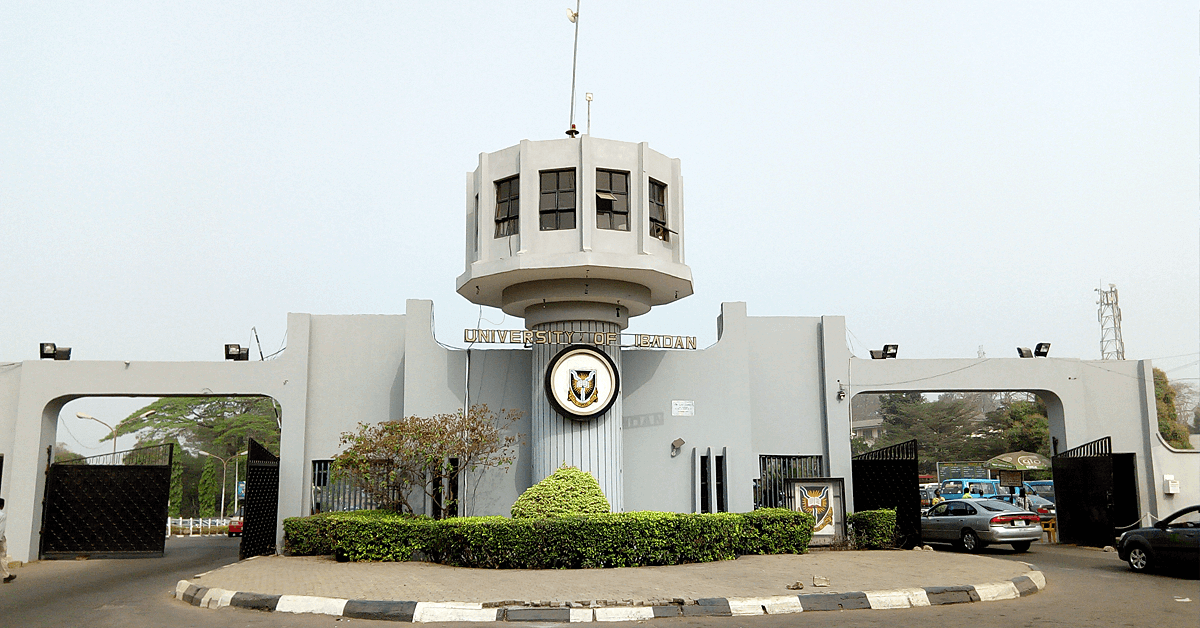Venue:
Golden Tulip Essential Airport Hotel, Murtala Mohammed Int. Airport Road, Lagos, Nigeria.
Date: 19th – 21st July, 2019
The Centre for Bioethics and Research Nigeria organised the second Weekend retreat for members of the Health Research Ethics Committee IRRUA specialist hospital, Nigeria. The retreat took place from the 19th – 21st of July, 2019 at the Golden Tulip Essential Airport Hotel, Lagos state.
The theme of the Weekend Retreat was a review of lectures and quiz on several aspects of research ethics that had been completed by the participants in the second month of the online blended diploma program. A guest lecture on Research Ethics, Bioethics and literature was also delivered by Prof. Emmanuel Babatunde Omobowale of the Department of English Language, University of Ibadan.
All 13 members of the Health Research Ethics Committee successfully completed the online aspect of the blended diploma program, among the successful participants was the Chief Medical Director of IRRUA specialist hospital and the Chairman of the HREC of the hospital.
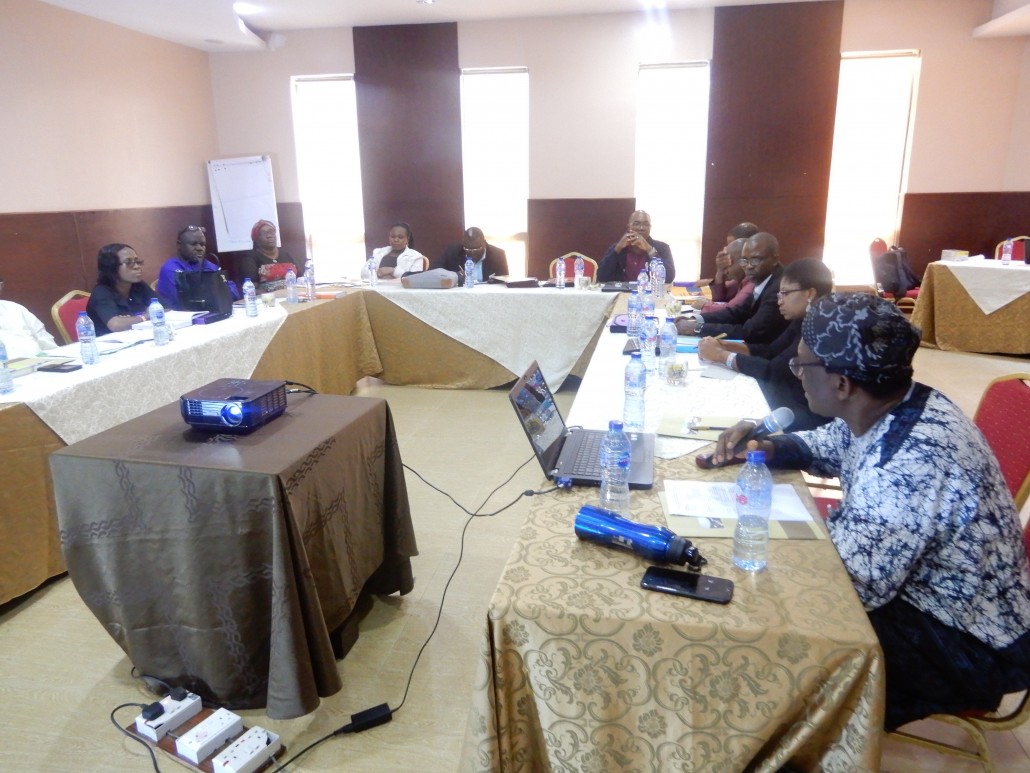
On day 1, after lunch, the Welcome Address was delivered by Dr Adebayo Adejumo. The retreat started with a review of lectures on Benefits Inducement and compensation, Conflicts of Interest and its management, local and international collaborative multisite research. The topics were reviewed by the facilitators and participants, questions were asked by the facilitators to test the knowledge and understanding of the participants, the participants also asked questions related to the topics being reviewed that they did not understand. It was an interactive session that lasted for 7 hours, the review and discussions ended at 8p.m, the facilitators and participants proceeded to have dinner and end the activities for the first day.
Day 2
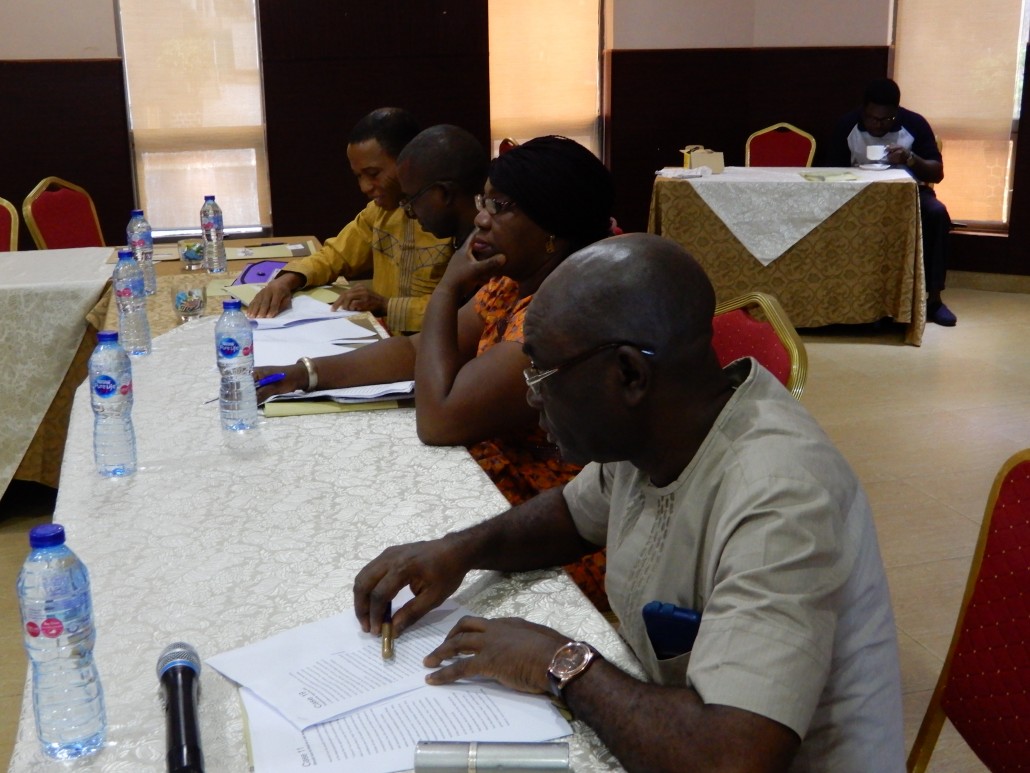
Day 2 of the retreat started after breakfast at 9a.m with a continuation of review of lectures, the topics that were reviewed include, Submitting protocols for ethics review, Comprehension competence and risk, Religion Culture and research ethics in Nigeria, Vulnerability and special participant population.
There was a 30 minute tea break after which another interactive session between the facilitators and participants at the retreat took place, after 3 hours of interaction the participants were divided into 2 groups and each group was given a case study to review and make a presentation. A summary of the Cases that were reviewed are:
- Case 11: Should race be listed as a risk factor? Records from the sexually transmitted infection (STI) clinic at the largest general hospital in a southern African country indicate that the segment of the population self-ascribed as “coloured” has twice as many cases of STIs as the segment that is self-ascribed as “black”. By contrast, for almost all other conditions seen in the hospital’s outpatient department, the number of cases of a disease in each racial and ethnic group is proportional to that group’s percentage of the general population.
Question to the group: Is it the researchers’ responsibility to put safeguards in place to discourage possible stigma?
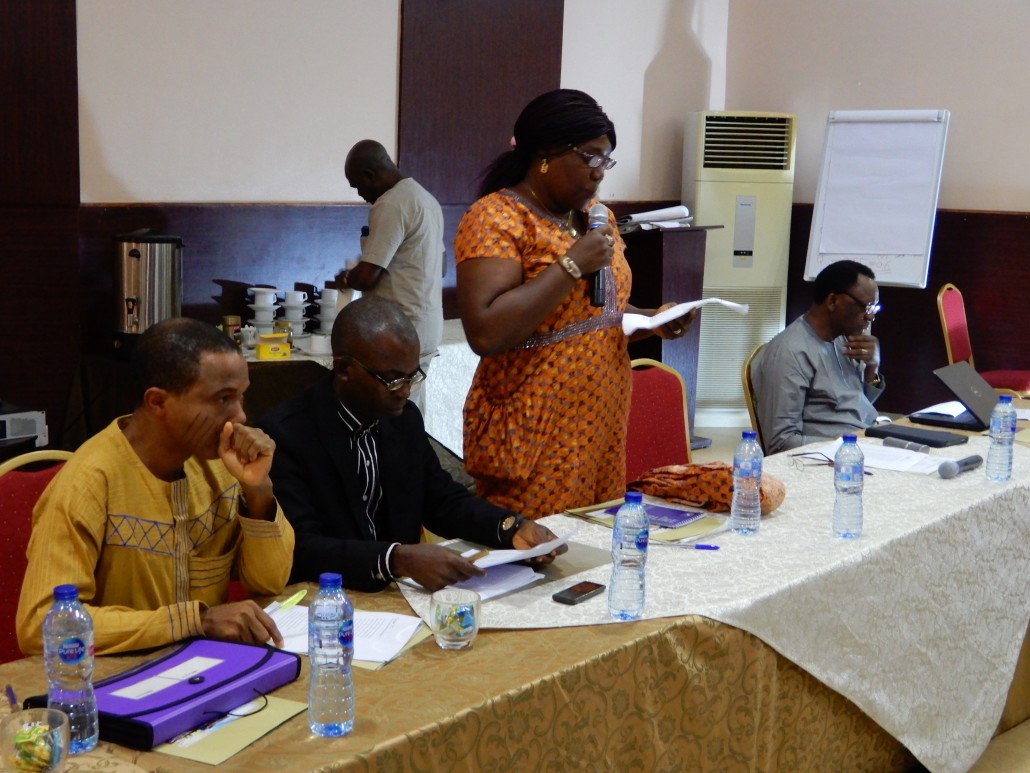
The group that was assigned this case selected a representative to make a presentation on behalf of the group. The group concluded that given the complexities of understanding medical and Social Contexts associated with race and racial bias in healthcare, it is critical to understand physicians’ perspectives about when it is and is not appropriate to consider race when making clinical decisions for patients.
- Case 19: Pneumonia vaccine trial: A childhood vaccine for pneumococcal disease one of the most important causes of child deaths in the developing world has been developed by an European pharmaceutical company and tested at a site in Africa. The goal of the trial was to determine how many children would be protected from the disease before the age of 3 years, 20 000 infants were enrolled in the vaccine trial. Participants were randomized and half received the trial vaccine. After 3 years, 90% of those who were vaccinated remained free of the disease those in the control group had infection and mortality rates comparable to those that prevailed in recent years in this population.
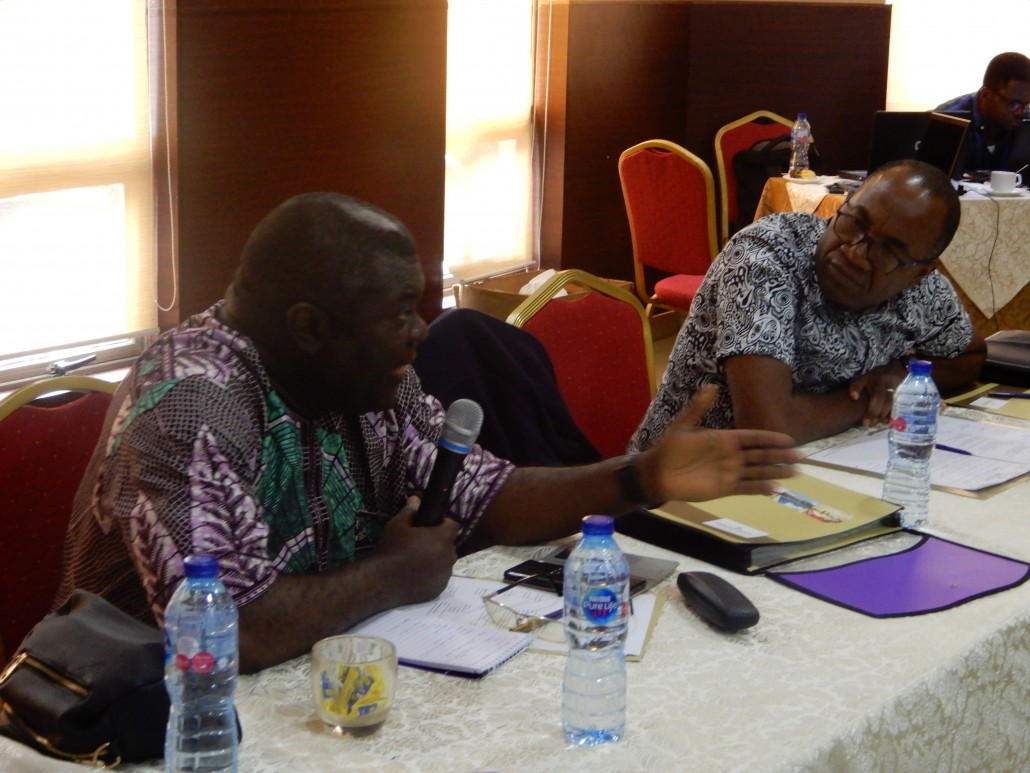
Question to the group: Would any further test of the effect of these vaccines on children older than 3 years, and of long-term safety, be justified?
The representative of the group assigned to the case responded that further test of the effect of these vaccines would have been justified, although the vaccines can not prevent all cases it can lower chances of catching the disease.
The facilitators made comments at the end of the reviews and presentation by both groups, they encouraged members of both groups to always work together toward achieving group/committee goals and to always demonstrate an open minded attitude, communicate appropriately and always find closure during deliberations.
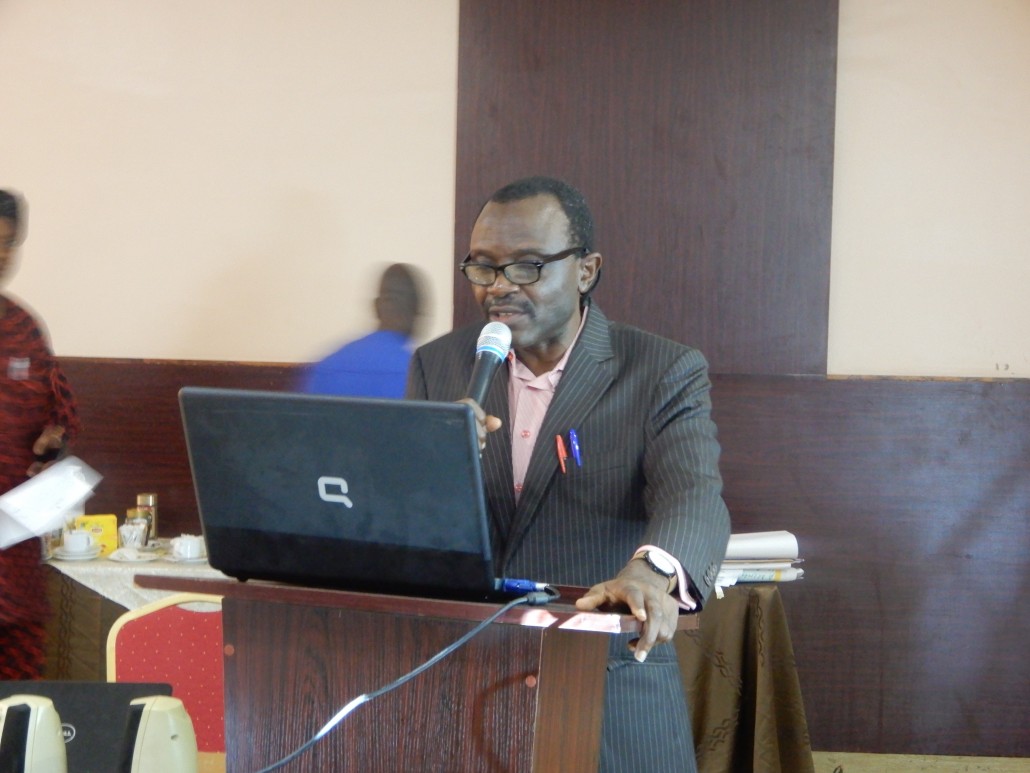
As per tradition, there was a guest lecture titled ‘Research Ethics, Bioethics and Literature: A Personal Account of My Foray into Multidisciplinary Studies’ by Prof. Emmanuel Babatunde Omobowale. He described how he started teaching literature and medicine at the University of Ibadan. He explained that he had the opportunity of travelling to Case Western Reserve University [CWRU] in August 2002 as an MA student in the Department of Bioethics, his stay in Cleveland exposed him to the basic rudiments of Bioethics and how it could be used to further humanize and modernize the practice of medicine throughout the world. He added that, presently he teaches some aspects of Bioethics in conjunction with some colleagues from other units of the University of Ibadan to postgraduate students who are admitted for the Masters’ degree program in Bioethics. Prof. Omobowale has also published a number of articles on Bioethics, one of which is ‘The Therapeutic Relationship: A Critical Appraisal’, which he regards as the ‘primus inter pares’ of all his Bioethics papers and which contains the kernel of his thoughts on the doctor-patient relationship in Nigeria.
There was a group photograph with the guest speaker at the end of his presentation. After the guest lecture the review of assigned topics for day 2 of the retreat was completed and activities for the day were ended.
Day 3

Day 3 which was the last day of the retreat began with a review of lectures on Ethics Committee training, Adjudication, Exploitation. There was a 30 minute tea break, after the break there was presentation of certificates to all the participants that successfully completed the program. The participants were presented with certificates of completion for the diploma program from the Center for Bioethics and Research by Dr. Adebayo Adejumo and Prof. Samuel Ayodele Jegede.
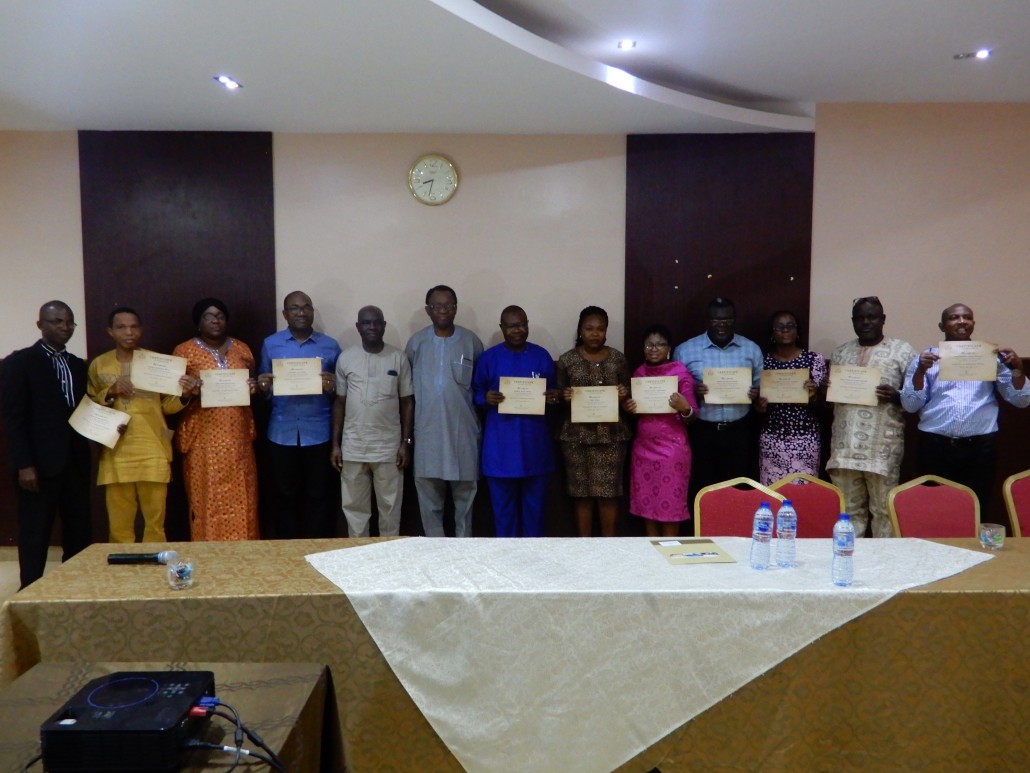
After the presentation of certificates, the participants were reimbursed for their transportation to and from the venue of the retreat. The retreat ended at 12 noon, the facilitators and participants took group photographs.
List of members that attended the retreat and successfully completed the program.
- Dr. Friday K. Iweka
- Mrs Stella E. Ike
- Dr. Ogbetere N. Yemihan
- Dr. Ifeanyichukwu Stanley Essu
- Prof. Maxy A.C. Odike
- Mr. Akhuemokhan David Ehimare
- Mrs. Okoiruele Iloaria Sonia
- Mrs. Abada Fanni
- Pharm. Adedayo A. Moses
- Edna Inegbedion Esq
- Dr. Andrew Ezivbashe Dongo
- Mr. Saliu Abudu Momoh
- Dr. Anthonia Inibokun Njoku
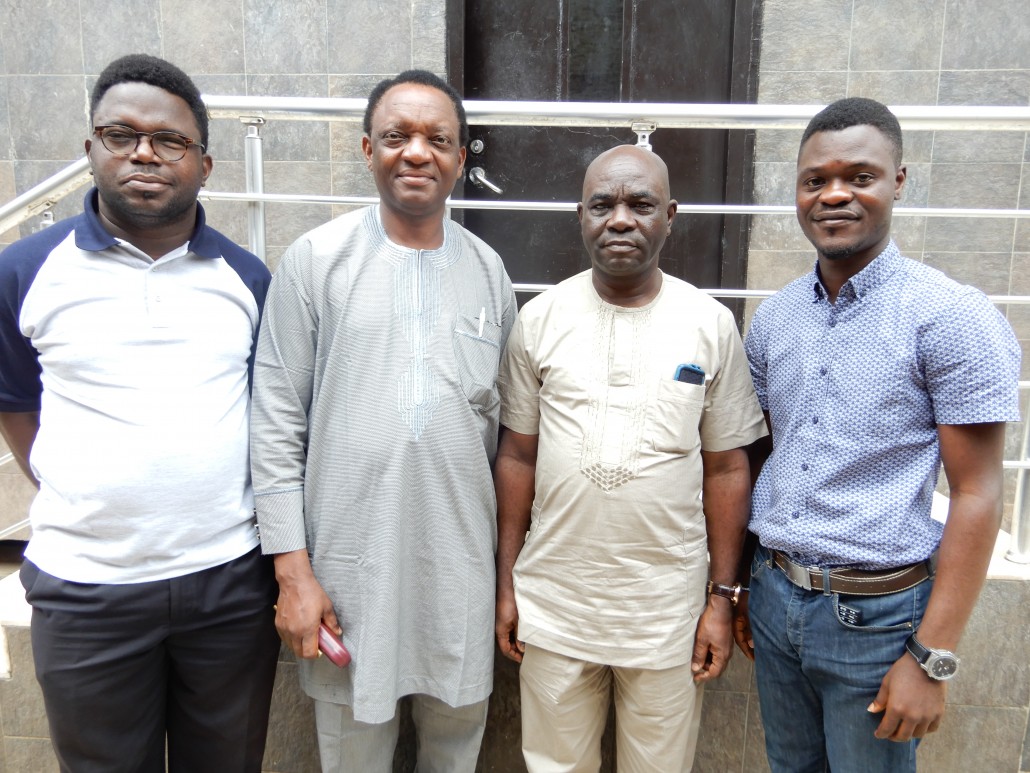 |
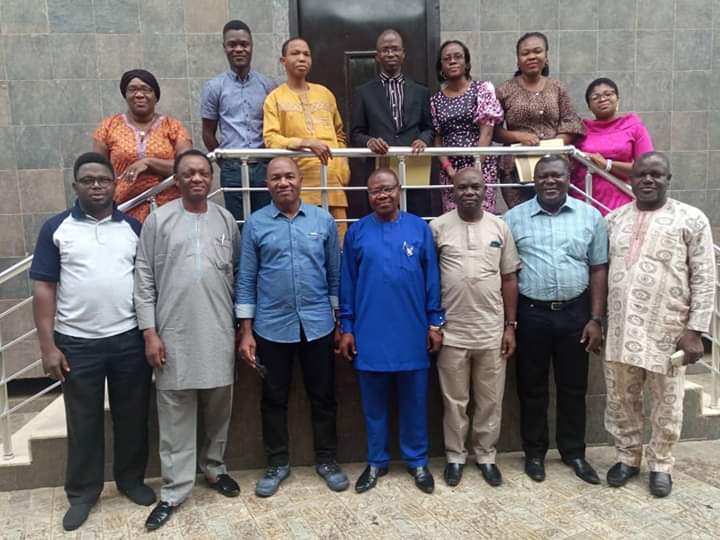 |


